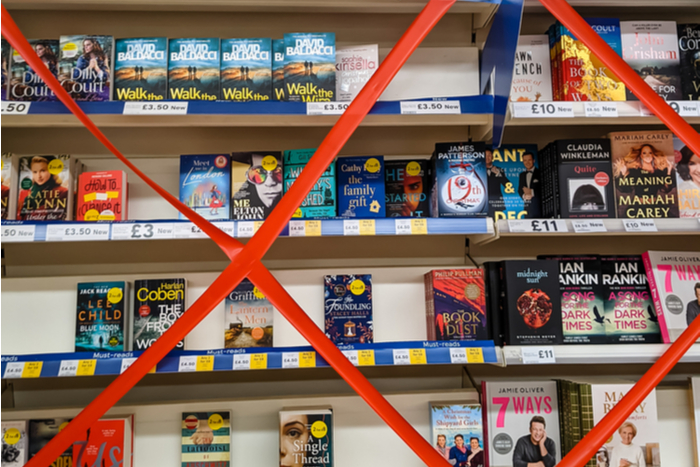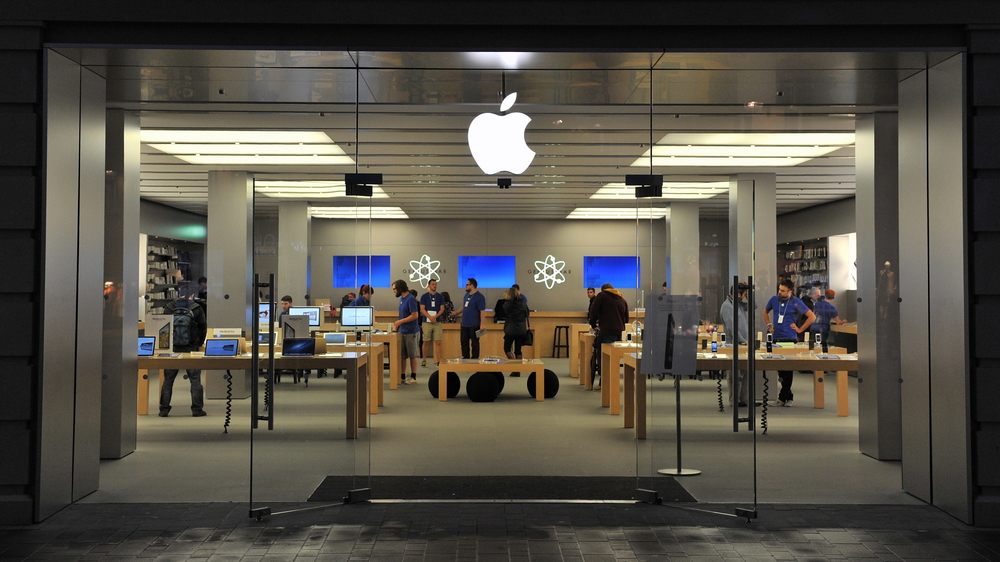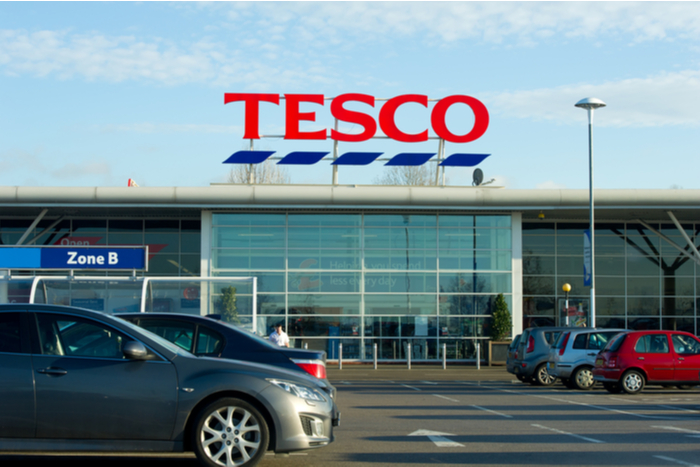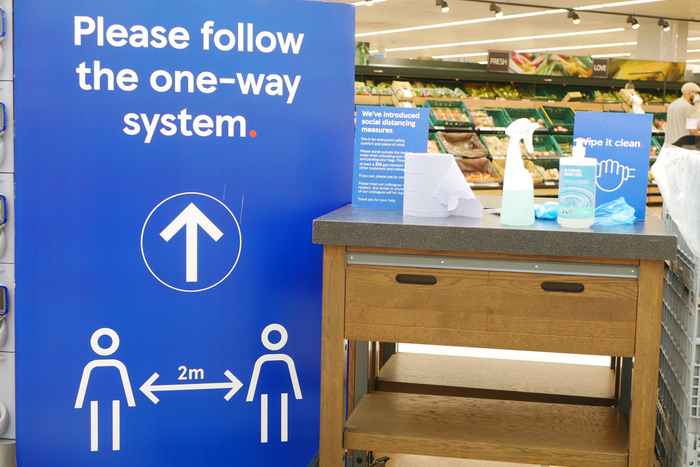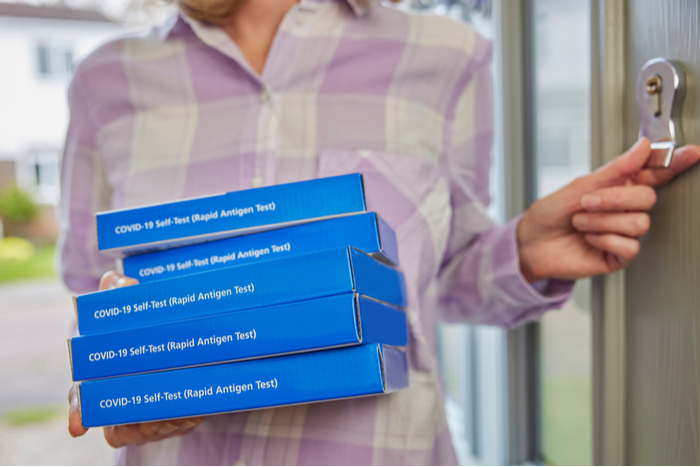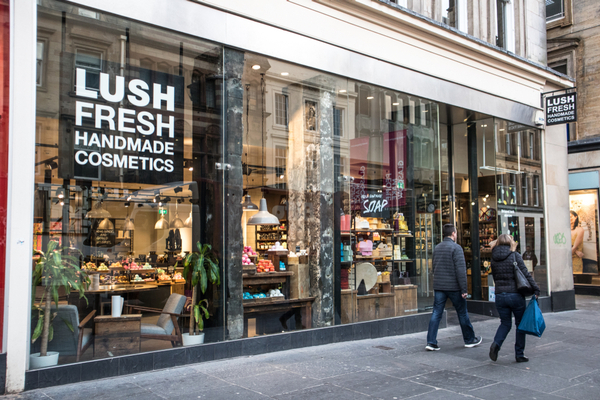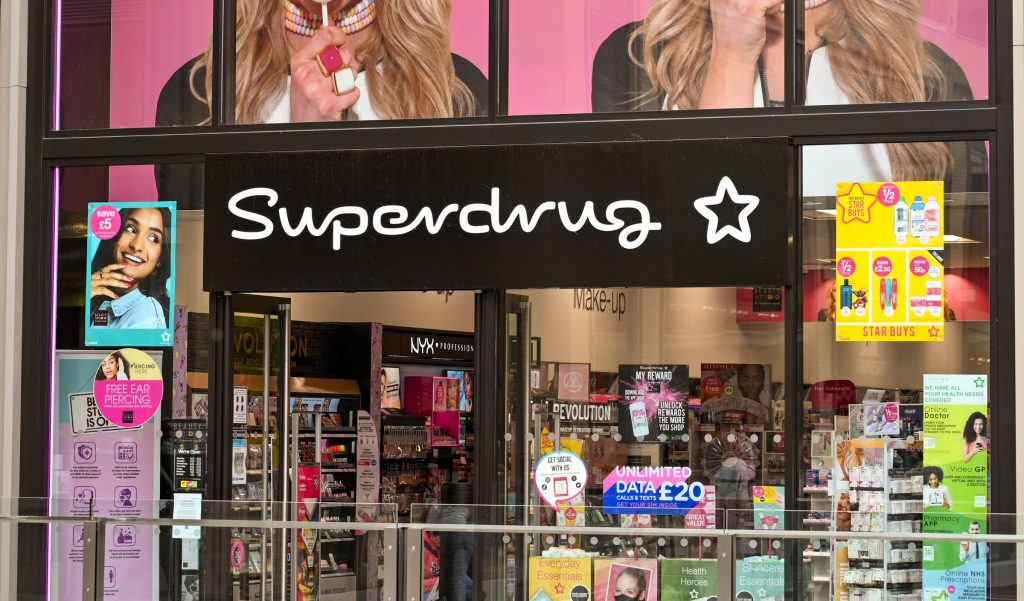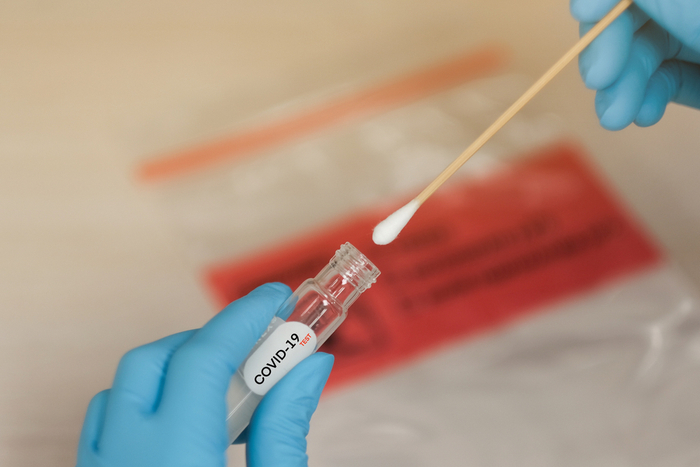// Organisations representing grocers have called for the ban on sale of non-essential items in Wales to be relaxed
// CBI Wales, Welsh Retail Consortium & Association of Convenience Stores issue statement with proposals to “resolve the confusion”
// Peers in the House of Lords have also criticised the ban
Wales’ lockdown ban on selling non-essential items should be relaxed to allow customers “to make their own decision”, retailers have told the Welsh Government.
Groups representing grocers and convenience stores made a series of recommendations to Welsh ministers today following confusion over what can and cannot be sold during the 17-day firebreak period.
A joint statement by CBI Wales, the Welsh Retail Consortium, and the Association of Convenience Stores, said it hoped the Welsh Government would now agree to its proposals in order to “resolve the confusion”.
READ MORE:
- Welsh Gov’t to “learn lessons” of communicating lockdown shopping rules
- Grocers in Wales have “discretion” over ban on selling non-essential items
- Grocers in Wales told to only sell “essential” items as it enters 2nd lockdown
“We recommend the individual customer is trusted to make their own decision as to whether a product is non-essential or not, taking into account the notices displayed throughout the store and their immediate needs,” the statement said.
“If the customer goes ahead with the purchase of the item the final liability ought to rest with the customer.”
It added: “These recommendations would mean non-essential items are not removed from shelves, or cordoned off in stores, but large notices are placed in front of the products and in communal spaces informing customers of the Welsh Government’s regulations and the Welsh public are trusted to make the right decision.
“We look forward to engaging with Welsh Government again this morning and we hope consensus can be reached.”
The statement added that its proposals would “resolve the confusion over non-essential items”, as well as help the Welsh public “refocus all their energies on respecting the firebreak”.
The meeting comes a day after Welsh health minister Vaughan Gething said it would be made clear that supermarkets could use their own discretion to sell non-essential items to individuals “who are in genuine need”.
He said he was “very saddened” to hear of an exchange involving Tesco on Twitter in which it was wrongly suggested sanitary products were “non-essential” and so could not be sold due to the new measures in place in Wales.
The Welsh Government has said the rules are both about limiting transmissions of coronavirus as well as being fair to non-essential retailers who have had to close during the firebreak lockdown.
Other proposals made to ministers on Tuesday include supermarkets prominently displaying approved signage in front of non-essential items, while using in-store announcements and social media messaging to advise customers to put off non-essential purchases.
Retailers would also remove special in-store promotional displays of non-essential items in order to minimise browsing time and “avoid triggering a non-essential purchase”.
The Welsh Government is expected to revise its guidance to retailers later today.
Meanwhile, peers in the House of Lords have criticised the Welsh Government’s “arbitrary” decision to ban the sale of non-essential items during lockdown.
Conservative peer Baroness Altmann said the instruction could “risk high street jobs”, while Baroness Fox of Buckley questioned how people can follow the guidance to shop early for Christmas when in Wales they cannot shop at all.
Business minister Lord Callanan admitted he “almost felt sorry” for the Welsh Government having to “navigate their way through this self-imposed error”.
The restrictions in Wales, which began at 6pm on Friday and will end on November 9, mean all non-essential retailers must close their shops.
Shops selling multiple types of product can stay open but can only sell essential items which, according to the Welsh Government’s website, also includes those “which would normally be sold in pharmacies and chemists”.
with PA Wires
Click here to sign up to Retail Gazette‘s free daily email newsletter

